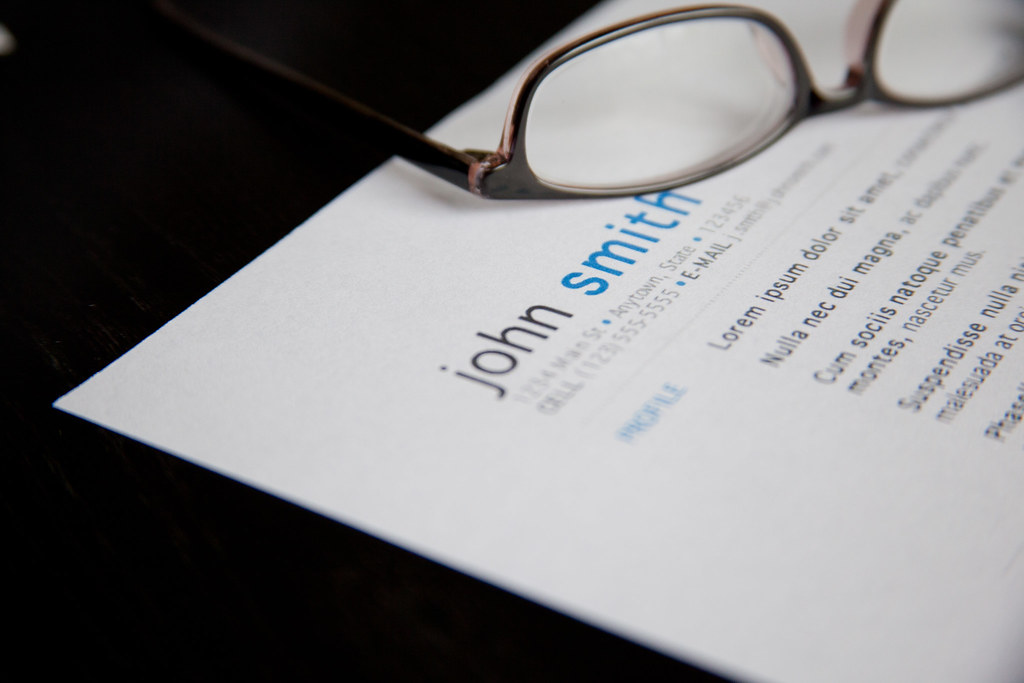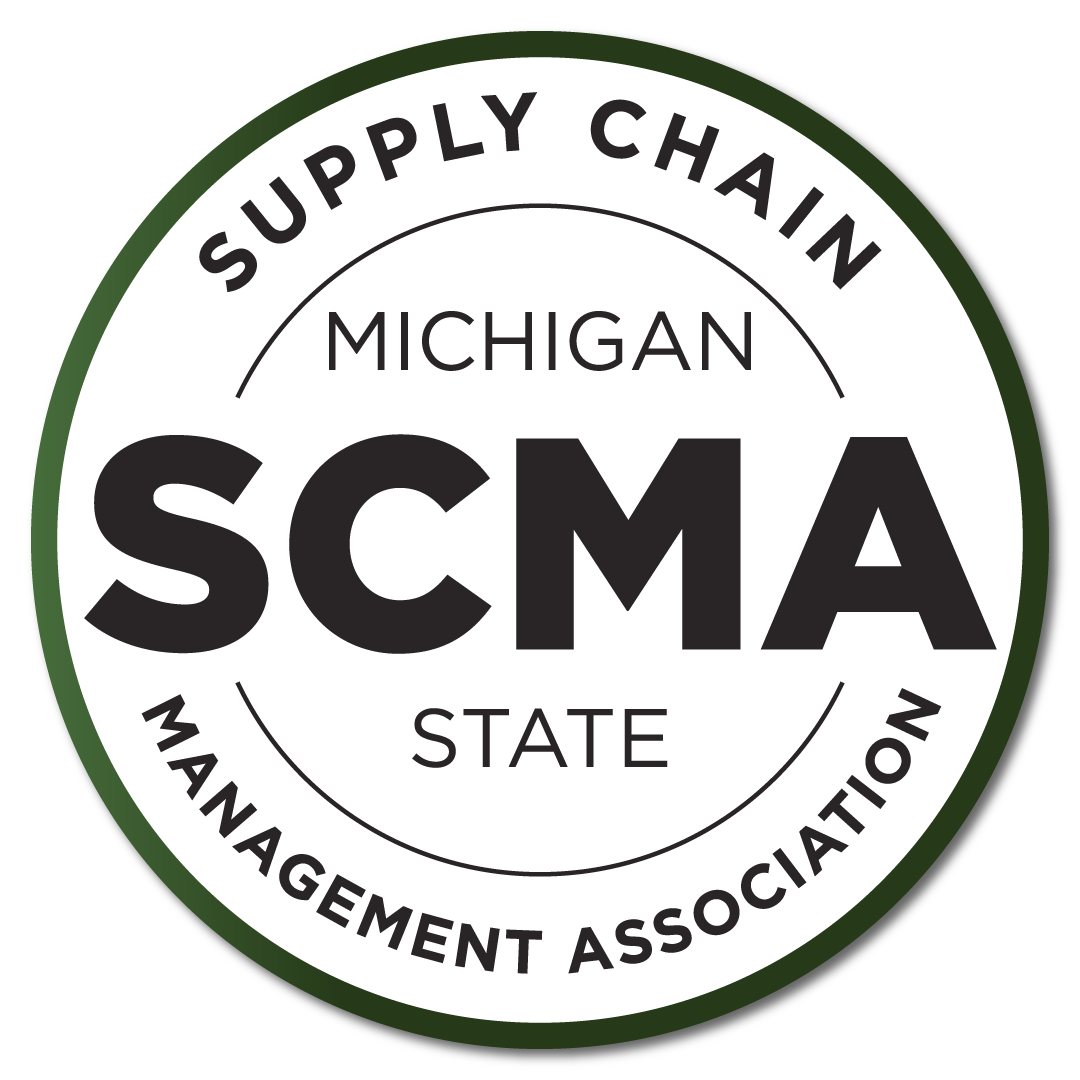
The purpose of a resume is to introduce yourself to employers, present your qualifications, and convey your intent to apply for a job to your prospective employer. The goal of writing a resume is to showcase your experience, education, and skills in a standardized format which is easy for recruiters to read. Regardless of the number of hours you put into writing up your resume, your prospective employers may only glance at it for a few seconds before they decide whether or not to grant you an interview. Therefore, another purpose of your resume is to introduce you to your prospective employers and let you communicate your most important assets to them.
Your resume provides details of your working life. This includes all the jobs you have held, as well as a list of skills that you have developed throughout your career and education. However, keep in mind that your resume is not your biography. On average, an employer takes at most 20 seconds to screen all incoming resumes and at most 20 minutes once a resume is selected. Therefore, you have to be concise and clear, and highlight all the academic and work experiences that make the employer think that you are qualified for a particular job.
List of Verbs – Use powerful verbs to start each bullet (description of what you did)
https://www.themuse.com/advice/185-powerful-verbs-that-will-make-your-resume-awesome
Tips
- Omit high school information by mid sophomore year
- Send your resume as a pdf (.pdf) not a word file (.docx)
- Have at least three people proof it:
- Palmer Career Center
- Professional in the field (professor or supervisor)
- Personal “cheerleader” (family, friend or mentor)
- Save your resume document with your name (Ex. “Smith John – Resume” or “John_Smith_Resume”)
- If you use a LinkedIn Link within your resume, make sure that you customize the link to take out the extra numbers at the end and make it look cleaner! You can do this under your Profile on the LinkedIn website.
- Organize your bullets for a job in order from most impressive to least → this way they see the most impressive thing you did first!
- Mix Up Your Word Use → If every bullet in your resume starts with “Responsible for,” readers will get bored very quickly.
- Use strong “action words” at the start of each sentence and ensure everything is either present or past tense.
- Quantify your experiences, for instance “Collaborated with 10+ stakeholders to save over $10,000 in spend on products”. There is a big difference between working with 1 stakeholder and 10 stakeholders, etc. and numbers will draw the eye of the recruiter
- Usually you will want to organize everything chronologically. This makes things even easier to read – you might have 15 seconds in-person to make an impact with this resume so you want it to look GREAT
- Look at your resume AT LEAST once a semester and make updates/changes – this keeps you on track and ensures you don’t forget to add one/more of the wonderful things you have done!
Photo by Flazingo via flickr used under a creative Commons Licence
